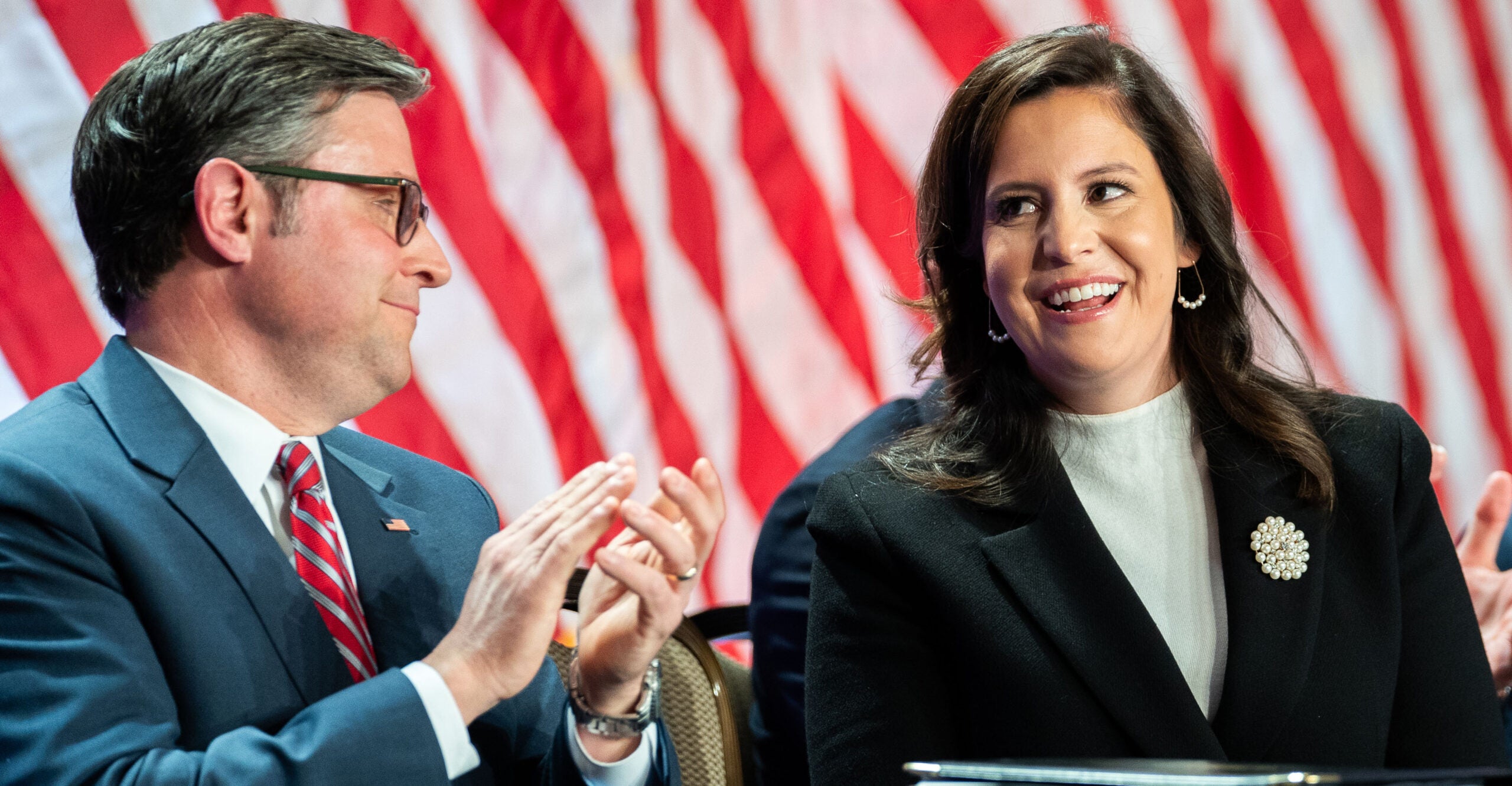France’s Le Maire bids adieu to economy ministry after record tenure
But is this à bientôt to politics?

PARIS — “I love you, but I’m leaving,” was the message from Bruno Le Maire. How long he’ll be gone remains to be seen.
After a record-setting seven-year tenure as France’s economy and finance minister, Le Maire on Thursday said goodbye to politics in front of a crowd of officials, ministers, lawmakers, entrepreneurs and journalists gathered in the courtyard of the ministry for the occasion.
He told journalists he will take up a teaching position in the idyllic lakeside Swiss city of Lausanne.
“After 22 years of loyal service, I’m going back to my first vocation, teaching … this time in economics and geopolitics, to think about what tomorrow’s economy might look like, how to decarbonize the economy, how to reduce inequalities,” Le Maire said.
“I’m going to do this in Lausanne, at the Université de Lausanne, and I’ll really enjoy meeting students and talking to them,” he added.
In a written statement, the University of Lausanne told POLITICO that Le Maire will be teaching at the Enterprise for Society Center (E4S,) a joint venture of the University of Lausanne and other management schools and research centers.
Le Maire and the rest of President Emmanuel Macron’s cabinet resigned in July following his party’s defeat in snap elections. Le Maire has been serving as a caretaker since then. New Prime Minister Michel Barnier, who was named last week, has yet to appoint Le Maire’s successor.
Le Maire made it clear that he will still be living in France, which he called “my homeland, my life, my passion,” in his speech, which quoted diverse figures like French singer Michel Sardou, Montesquieu and Aristotle.
‘For the benefit of all’
Le Maire used the address to defend his record and counter critics who have slammed him for letting France’s massive spending during the coronavirus pandemic. French debt skyrocketed, prompting the European Commission to put Paris under a so-called excessive deficit procedure for overspending.
“Did we spend a lot? Yes, but for the benefit of all,” Le Maire said in his speech, referring to France’s spending bonanza since the coronavirus pandemic. “It is all too easy to rewrite history: we didn’t squander public money, we have protected the French people, and we should be proud of it.”
Le Maire’s speech, however, sounded more like an à bientôt (see you soon) than an adieu. He didn’t rule out a comeback and his presidential ambitions are an open secret in France’s political circles.
“It’s time for me to breathe a different kind of air from that of politics,” Le Maire said, but he was quick to add: “After, qui vivra, verra [time will tell].”
Whoever succeeds Le Maire must hit the ground running. They’ll need to send the Commission by mid-October a plan to cut spending and present a budget for 2025 to the French parliament by Oct 1.
Le Maire said once again that France could still keep its promises to bring its public deficit ― the difference between how much it spends and how much it brings in ― below the 3 percent of the country’s GDP, as required by the EU spending rules.
But it will need to cut spending, not raise taxes, he warned.
“This is French hypocrisy: we want less debt and more spending,” he said, attacking both left-wing and far-right politicians for their costly proposal and for trying to undo Macron’s controversial pensions reform, which were enacted to alleviate the burden on France’s finances.
Nicolas Camut contributed to this report




















